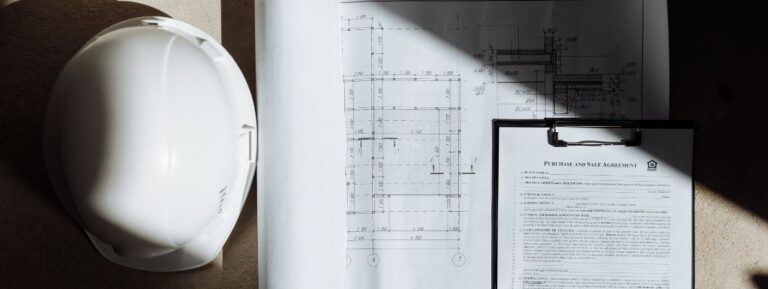Commercial litigation terms can be confusing, especially if you are not familiar with the processes and procedures of civil litigation.
It is important for key stakeholders in litigation (either being an individual or company and those authorised to make a decision on its behalf) to be aware of the standard terms used in commercial litigation, which are outlined in further detail below:
Alternative Dispute Resolution (ADR):
ADR is a dispute resolution process that is generally undertaken prior to the parties going to trial. Examples of ADR include mediation and arbitration.
This can also be a contractual pre-condition prior to commencing court proceedings so it is important to ascertain your obligations to the other side prior to litigating a matter.
Calderbank offer:
This is an informal settlement offer made pursuant to the principles in Calderbank v Calderbank [1975] All ER 333 where a genuine offer of settlement is made in an attempt to resolve the dispute. This must be a genuine compromise and must be open for a reasonable period of time (generally 7-14 days).
Claim and Statement of Claim (Claim):
This is an initiating document in a court proceeding filed when a plaintiff is seeking an award of damages, recovery of monies or declaration as to the defendant’s conduct in the proceeding
Costs
If successful in litigation, a party can seek the opposing party pay their costs, which is usually in accordance with the Court scale.
It is unlikely that all costs incurred in litigation will be recovered unless a Court grants an indemnity costs order.
Counterclaim
If a plaintiff commences proceedings, the defendant is entitled to file a counterclaim (in the same proceedings) if it asserts that the plaintiff owes it damages.
Defence
The Defendant is entitled to defend itself in proceedings commenced by the Plaintiff. The Defence will set out which aspects of the Claim are admitted and denied, and an explanation as to why.
Defendant
A person or entity whom the Claim is filed against.
Disclosure
If the matter is defended, the Court will require all parties to disclose any documents or evidence in their possession (which relates to the disputed issues), even if it is prejudicial to their case.
Formal offer
This is an offer made pursuant to Chapter 9, Part 5 of the UCPR. The UCPR requires this to be open for a specific amount of time (being 28 days) and it cannot be withdrawn without leave of the Court.
If not accepted by the defendant and the plaintiff is awarded judgment in its favour which is equal or less than the original offer, the plaintiff is entitled to seek its indemnity costs from the defendant from the date of the offer.
Indemnity costs
These include all costs (including all solicitor’s costs and disbursements) incurred by a party in litigation. Indemnity costs orders are not often awarded unless the Court determines there are specific reasons to do so.
Jurisdiction
In Queensland, the Courts are allocated the following jurisdictions:
– Magistrates Court: debts up to $150,000;
– District Court: debts between $150,000 and $750,000; and
– Supreme Court: debts over $750,000.
If you are seeking specific equitable relief or declarations as to conduct, you may be required to commence proceedings in a higher court as the Magistrates Court does not have the jurisdiction to hear those kinds of matters.
Privilege
Documents that have been created between a client and their solicitors are considered privileged and are not required to be disclosed to the other party.
Settlement
Settlement negotiations are generally ongoing throughout litigation where the parties attempt to resolve their disputes without going to trial.
Without prejudice, save as to costs
This is used to signify to the other party that the contents of the letter or discussion are to be kept confidential and not disclosed to the Court until the final hearing is concluded (and the Court is to make a determination as to costs).
Uniform Civil Procedure Rules 1999 (Qld) (UCPR)
These are the rules which govern the civil litigation process in Queensland.
___________________________________________________________________________________________________________________________
Should you require any assistance in regards to a current or new commercial litigation matter, contact our commercial litigation lawyers now to discuss your options in a no-obligation consultation. We will guide you, step by step and ensure the best possible outcome for your circumstances. Call our Brisbane lawyers on (07) 3009 8444 or our Sydney lawyers on (02) 9307 8900. Alternatively, click here to get started.
The blog published by Rostron Carlyle Rojas is intended as general information only and is not legal advice on any subject matter. By viewing the blog posts, the reader understands there is no solicitor-client relationship between the reader and the blog publisher. The blog should not be used as a substitute for legal advice from a legal practitioner, and readers are urged to consult RCR on any legal queries concerning a specific situation.



